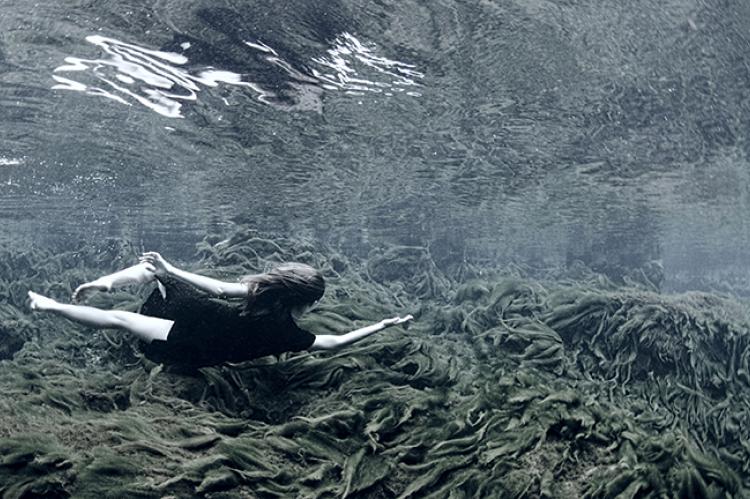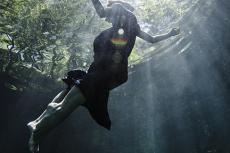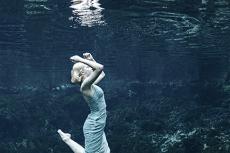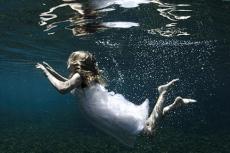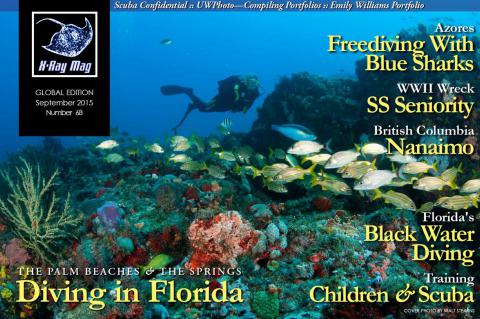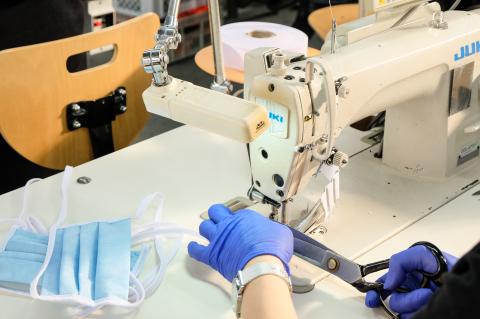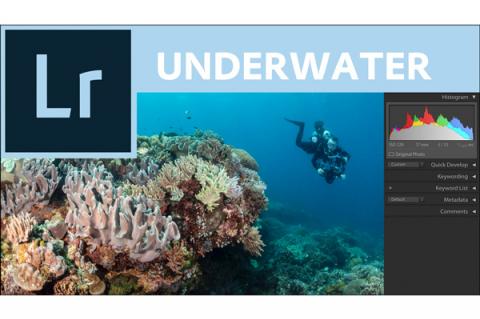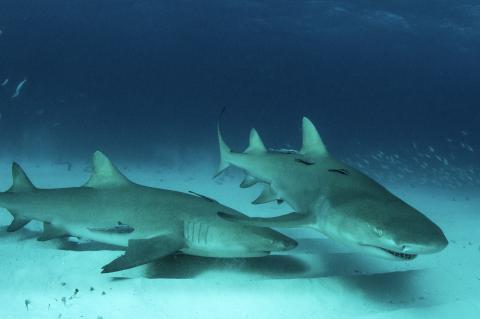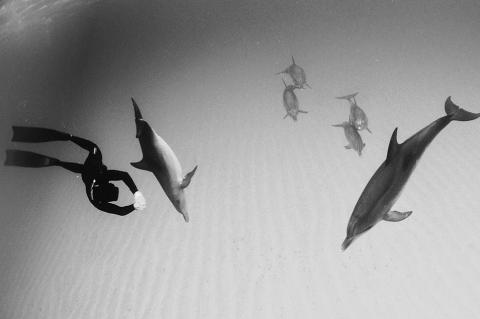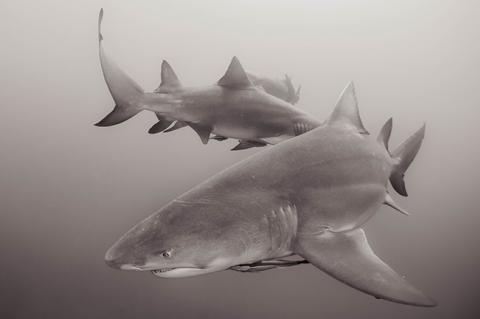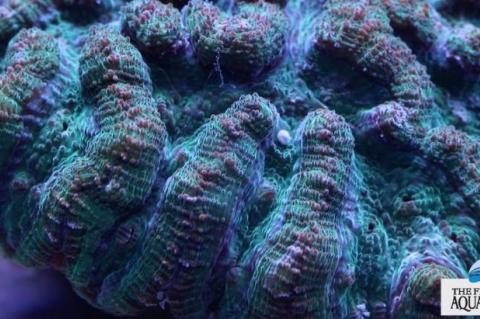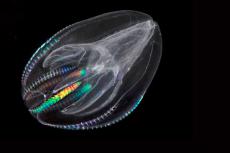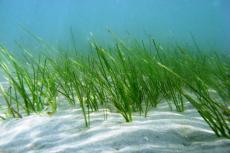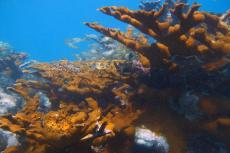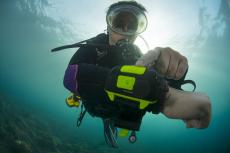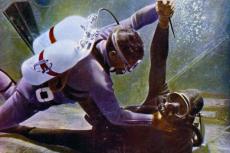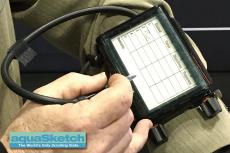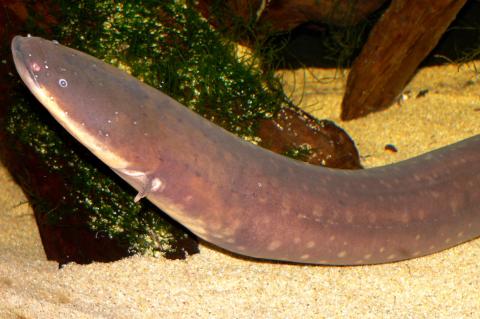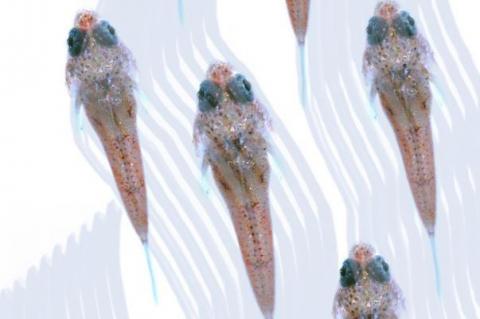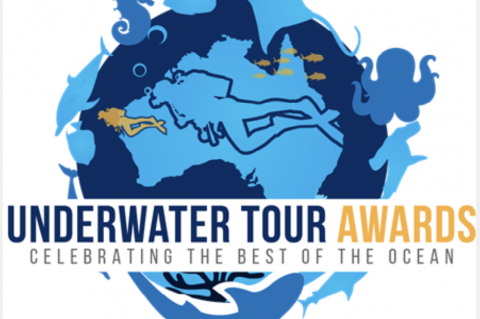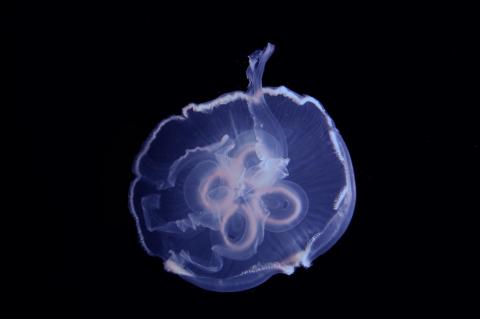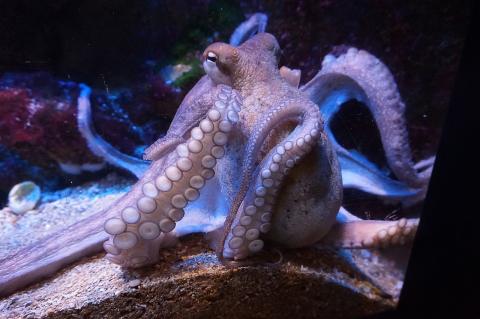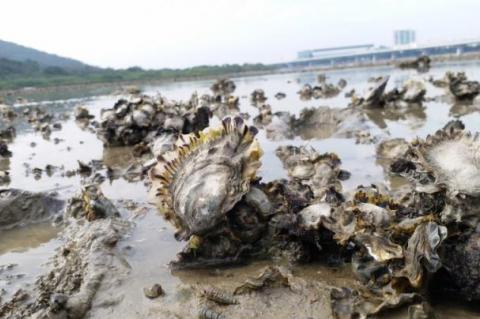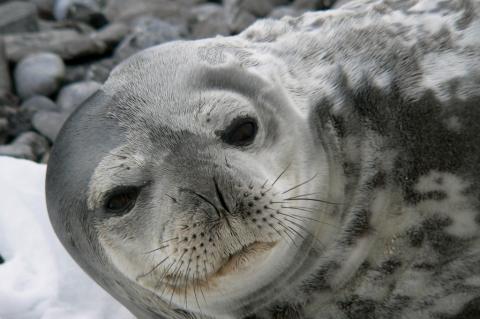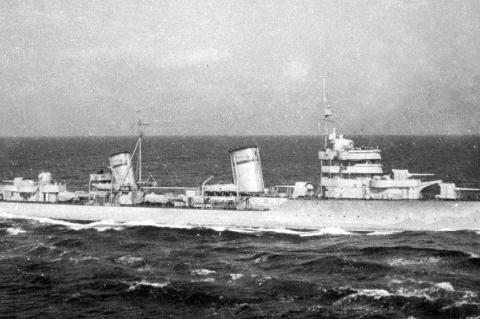Florida Springs
Florida has a secret—albeit not a very well-kept one: it is home to some of the most exquisite freshwater environments in the world. The vast network of springs and rivers located throughout the central and northern areas of the state offer bodies of water with unusual and colorful flora and fauna. State parks across the region are home to many different types of springs from turquoise-blue gushing spring heads surrounded by deep basins to static-flow sinkholes filled with tannic water.
Tags & Taxonomy
The Florida Springs are jewels. Overflowing with life, the springs offer refuge to a multitude of animals including reptiles, freshwater fish, migrating and resident populations of birds, and local Floridians. Filled with bright turquoise and gin-clear water, the basins of most springs are surrounded by thick vegetation and exceptionally tall trees, offering visitors a break from the concrete jungles located only a few hours away in cities like Orlando and Miami.
Floridan Aquifer
Florida’s aquifer feeds the springs and rivers, branching throughout the state in an elaborate maze of underground tunnels ranging from 100 to 400 feet below the surface. This system nourishes the state, providing fresh water to millions of residents in all areas of Florida.
Much of the water travels down through the Floridan Aquifer by way of rainstorms passing through Georgia and territories to the north. The relationship between these two regions can be unpredictable and tumultuous.
When too much rain passes through the area north of Florida, the rivers and springs will often crest the riverbanks and flood the surrounding low-lying plains, causing damage to local areas of central Florida and closing parks for weeks on end, resulting in a negative impact on the local community and businesses. The concerns do not end there, however. As the demand on the water supply has increased with the population boom in Florida over the last few decades, the water levels have plummeted, leaving many to wonder if the Floridan Aquifer will be able to survive long into the future.
The first line of defense for this important water system has been the scuba divers who frequent the area. With the scenic underwater cave systems offered by the aquifer, divers from around the world travel to dive and train in the Florida caves. These divers have seen firsthand the impact and damage done to the systems, and are vital in gathering information and imagery to help in efforts of protection and preservation of this water source.
Raising awareness
“Florida Gems”—a project documenting the beauty of the Florida Springs and the connection many people have with them—first began in the early months of 2012. This visual art project focuses on the exquisite beauty found deep inside the underwater cave systems with photography of cave divers. It also features images of models freediving in basins and river ways, as well as split-shots melding imagery of both the topside world and the realm below the water’s surface.
In an effort to share this underwater world with those possessing the power to protect it, the imagery from “Florida Gems” has been used at local art exhibits, city council meetings and more. It is the hope of the project to show those in positions of control how vital and delicate this ecosystem is to the health and well-being of the state of Florida.
With an approach of educating its audience, projects like “Florida Gems” hopes to empower individuals, businesses and organizations to stand up for the protection of the Florida Springs and aquifer system as a whole.
There are many in the local community focused on improving conditions for the freshwater resources of Florida and beyond. Jill Heinerth, a world-renowned underwater photographer and filmmaker, created “We Are Water”—a project with a primary goal of educating the public in getting involved and how they can help.
With protection and attention to the current issues they now face, Florida’s springs can continue to flourish and shine as the gems they are. ■
Professional Nikon Photographer Amanda Cotton is a widely published underwater photographer based in Florida. Her work has been featured in science and diving magazines as well as National Geographic, BBC, Discovery Channel, The Weather Channel, Smithsonian Magazine, Times Publishing, CNN, Natural History Magazine and Earthweek. A member of The Explorers Club and the Ocean Artists Society, Cotton was recently inducted into the Women Divers Hall of Fame. For more information: Acottonphoto.com.
Download the full article ⬇︎
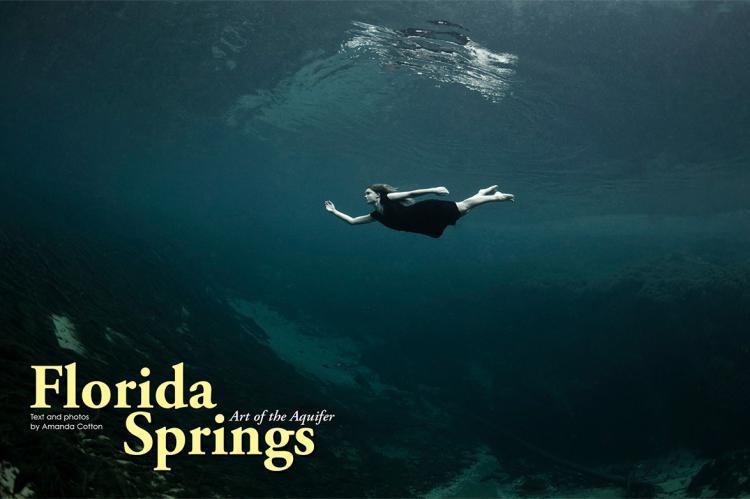
Originally published
X-Ray Mag #68
Diving Florida's Palm Beaches; Florida's Springs; Florida's Black Water Diving; Blue Sharks of Condor Banks; WWII wreck of the SS Seniority; British Columbia's Nanaimo; Helldiver warbird wreck mystery; Lamar Hires profile; Scuba Confidential: The Folly of Deep Air; Children and scuba diving; Symbiosis; Mysterious megamouth shark; Underwater Photo: Compiling portfolios; Emily Williams portfolio; Plus news and discoveries, equipment and training news, books and media, underwater photo and video equipment, shark tales, whale tales and much more...


